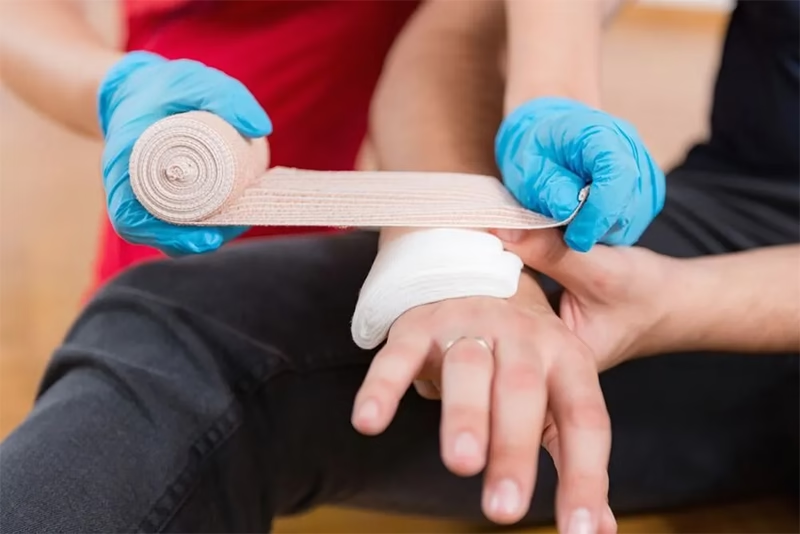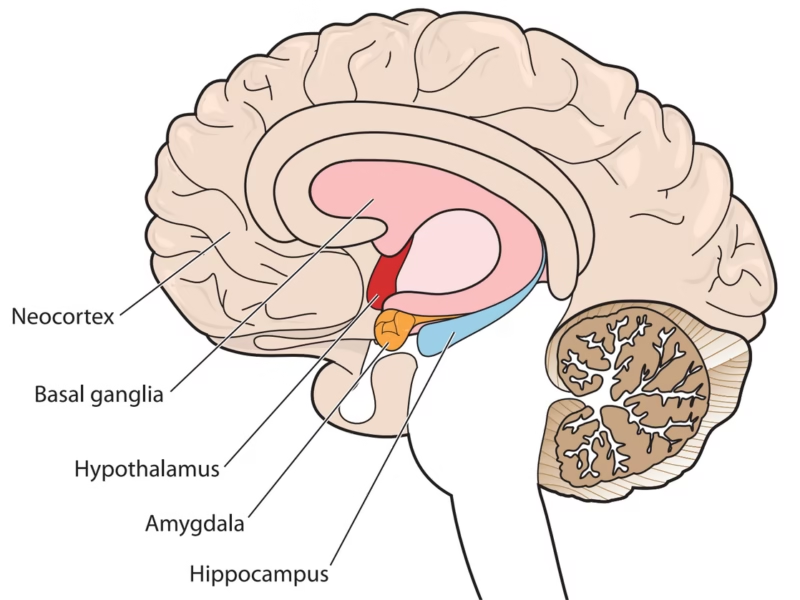Dog bites are more common than most people realize. While dogs are often called humans’ best friends, they can sometimes act unpredictably, especially if they feel scared, threatened, or provoked. Whether it’s a playful nip gone wrong or a serious attack, knowing what to do when a dog bites you is essential for your safety and long-term health.
This article will guide you through immediate steps, medical considerations, and prevention strategies related to dog bites.
Why Do Dog Bites Happen?
Dogs rarely bite without reason. Most bites occur because of:
- Fear or self-defense: A dog may lash out when startled or threatened.
- Protectiveness: Guarding food, toys, or territory.
- Pain or injury: A sick or injured dog may react aggressively.
- Playfulness: Puppies often bite during play, but even playful bites can break the skin.
- Lack of training or socialization: Dogs unfamiliar with humans or other animals may bite out of anxiety.
Understanding the cause can help prevent future incidents.
Immediate Steps to Take After a Dog Bite
If you or someone you know gets bitten, it’s important to act quickly.
-
Stay Calm and Safe
Move away from the dog to prevent further injury. Avoid running or shouting, which may trigger the dog to chase or bite again.
-
Control Bleeding
- For minor bleeding, wash your hands and press a clean cloth or sterile gauze over the wound.
- For heavy bleeding, apply firm pressure and seek emergency medical help immediately.
-
Clean the Wound Thoroughly
- Wash the bite with warm water and mild soap for at least 5 minutes.
- Do not scrub harshly, but ensure dirt and saliva are removed.
- Rinse well and pat dry with a clean towel.
-
Apply an Antiseptic
Use an antiseptic like povidone-iodine or hydrogen peroxide to reduce infection risk.
-
Bandage the Wound
Cover the bite with a sterile bandage or clean cloth. Change dressings daily or as advised by a healthcare professional.
When to Seek Medical Attention
Not all dog bites are the same. You should seek medical care immediately if:
- The bite is deep, large, or bleeding heavily
- The wound is on the face, hands, or joints
- The dog is unknown, stray, or not vaccinated
- Signs of infection appear: swelling, redness, pus, or fever
- You have not had a tetanus shot in the last 5–10 years
Medical Treatments for Dog Bites
A doctor may recommend:
- Tetanus shot: If your vaccination is not up to date.
- Antibiotics: To treat or prevent infections.
- Stitches: For deep wounds, although some bite wounds are left open to avoid trapping bacteria.
- Rabies post-exposure prophylaxis (PEP): If the dog’s vaccination history is unknown or rabies risk is high.
Rabies and Dog Bites
One of the biggest concerns after a dog bite is rabies, a deadly viral infection. Rabies is rare in vaccinated dogs but still exists in many regions.
- If the dog is vaccinated and healthy, you may only need observation.
- If the dog’s vaccination is uncertain or it’s a stray, rabies shots may be required.
- Always consult a doctor to evaluate the risk.
At-Home Care for Minor Dog Bites
For small bites or scratches where the skin is barely broken, home care can help:
- Wash the wound thoroughly.
- Apply an antibiotic cream (like Neosporin).
- Cover with a clean bandage.
- Watch for infection symptoms for several days.
Complications from Dog Bites
If untreated, dog bites can lead to serious issues:
- Infections (staph, strep, or Pasteurella bacteria)
- Nerve or tendon damage if the bite is deep
- Scarring
- Rabies or tetanus in rare but dangerous cases
Legal and Reporting Considerations
Depending on where you live, you may need to:
- Report the bite to animal control authorities.
- Provide details about the dog and its owner.
- In some cases, the dog may be quarantined to monitor rabies symptoms.
This protects not only you but also others from potential risks.
How to Prevent Dog Bites
While not all incidents can be avoided, prevention is the best approach.
- Respect dogs’ boundaries: Don’t disturb a dog while eating, sleeping, or caring for puppies.
- Avoid sudden movements: Approach dogs slowly and calmly.
- Educate children: Teach them never to pull tails, ears, or climb on dogs.
- Socialize pets early: Well-trained and socialized dogs are less likely to bite.
- Stay alert around unfamiliar dogs: Especially stray or aggressive ones.
What to Do If Your Dog Bites Someone
If your own pet bites another person:
- Stay calm and secure your dog immediately.
- Provide first aid to the victim.
- Share your dog’s vaccination records.
- Cooperate with medical and legal authorities.
- Consider training or behavior therapy for your dog.
Final Thoughts
Dog bites can range from minor scratches to serious medical emergencies. Knowing what to do when a dog bites you can make all the difference in preventing infections, reducing complications, and protecting yourself from diseases like rabies.
Remember:
- Clean the wound immediately.
- Seek medical attention for deep bites, bleeding, or unvaccinated dogs.
- Stay updated on tetanus and rabies vaccinations.
- Take preventive steps to reduce risks in the future.
Dogs are loyal companions, but safety always comes first. A little knowledge goes a long way in protecting both humans and animals.


